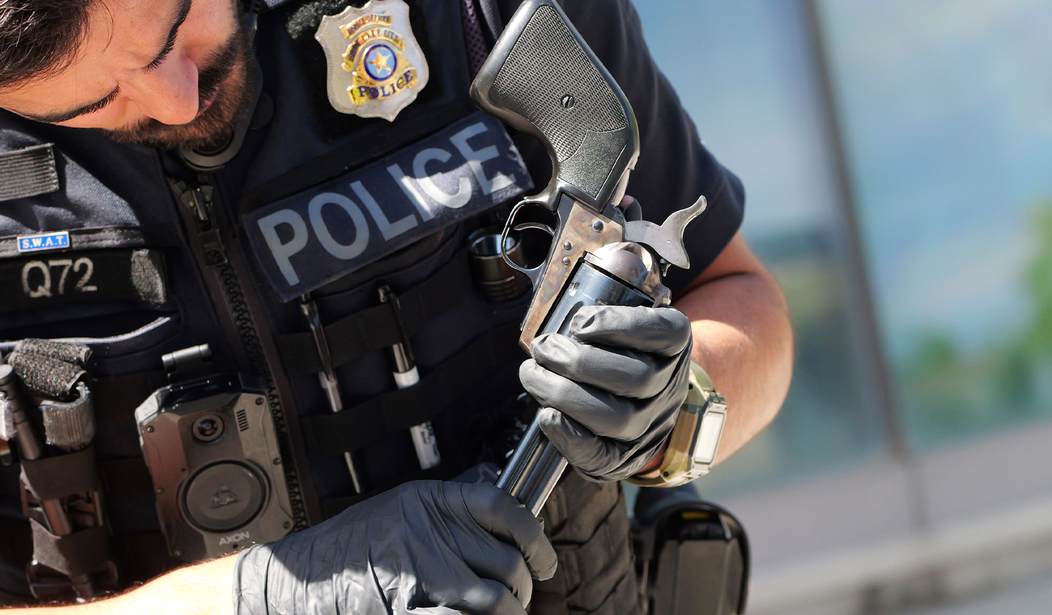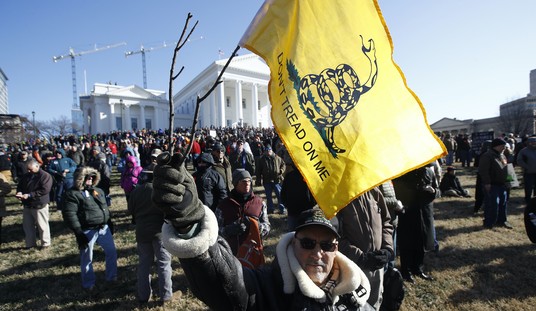There’s a rare bit of good news to share out of Mecklenburg County, North Carolina. Normally when we cover what’s happening in 2A news in and around Charlotte, we’re talking about the delays in issuing concealed carry licences and the absurd pistol purchase permits coming out of the Mecklenburg County Sheriff’s office, but this particular delay isn’t going to pose a problem for would-be gun owners. Instead, it’s the gun control lobby that should be concerned by the decision to put a halt to a proposed “buyback” of firearms slated to take place later this year.
Mecklenburg County commissioners had approved spending $40,000 on the buyback last June, but there are no plans to move forward with the compensated confiscation event for now after another county agency weighed in with opposition.
While shootings persist across the Queen City, so does the heated debate over gun control.
Locals are banning together to reduce crime throughout the city, and groups like ‘Take Back Our Hoods’, advocate for crime reduction. Lucille Pucket found the program, she lost her own son to gun violence so she knows the pain well.
“It’s a reminder to me every day,” said Puckett, ” if you get one gun off the street it could be 10 lives that we’ve saved”.
Channel 9′s Anthony Kustura first met Puckett in north Charlotte, where CMPD officers were investigating the accidental shooting death of a five-year-old girl just hours into the new year.
Consistent tragedies like these inspired Mecklenburg County Commissioner Leah Altman to propose the use of $40,000 for a gun buyback program, the board approved it in June of 2022.
“I wanted to do something proactive that could help with our safety,” said Altman.
Months later, Kustura learned that the Health Department intervened saying it was not a good idea. This completely contradicts what was said in 2019, when commissioners declared gun violence a public health issue.
Mecklenburg County Health Director Raynard Washington, says there’s not enough data to support that gun buybacks work.
“I would say, is inconclusive, at best,” Washington said.
No, the Health Department’s decision doesn’t “completely contradict” what commissioners said back in 2019. Even if you consider “gun violence” to be a public health issue, that doesn’t mean that a compensated confiscation program is anything but a placebo. The county’s health director was being kind when he said the evidence that gun “buybacks” work is inconclusive at best. The reality is that no studies have shown “buybacks” to have any impact on violent crime, suicide, or accidents involving firearms. These programs are what I call “soundbite solutions”; something that may sound good to many non-gun owners who see a local politician on the evening news declaring they’re going to “do something” about crime, but is utterly ineffective at doing anything other than generating headlines and press attention for anti-gun officials.
Bill Dwyer spent 23 years with the Detroit police, was chief of Farmington Hills for another 23 years, has nine years as the top cop with the Warren police, and took an eight-year break as an Oakland County commissioner, when he led efforts to promote free trigger locks and co-chaired a panel on gun violence, 2014-2017. Dwyer said he doesn’t need research to support what he knows through experience.Buybacks are “a good PR tool, and I’ve thought of doing it, but I’m more focused on taking weapons from criminals” in traffic stops and drug raids, Dwyer said.







Join the conversation as a VIP Member